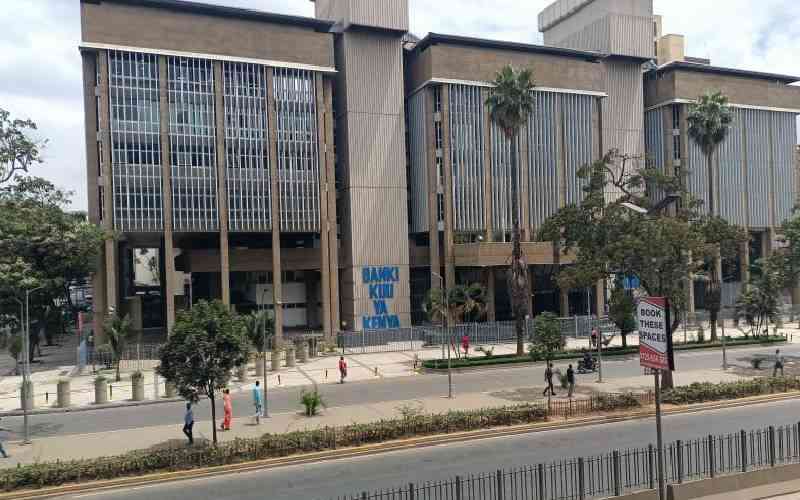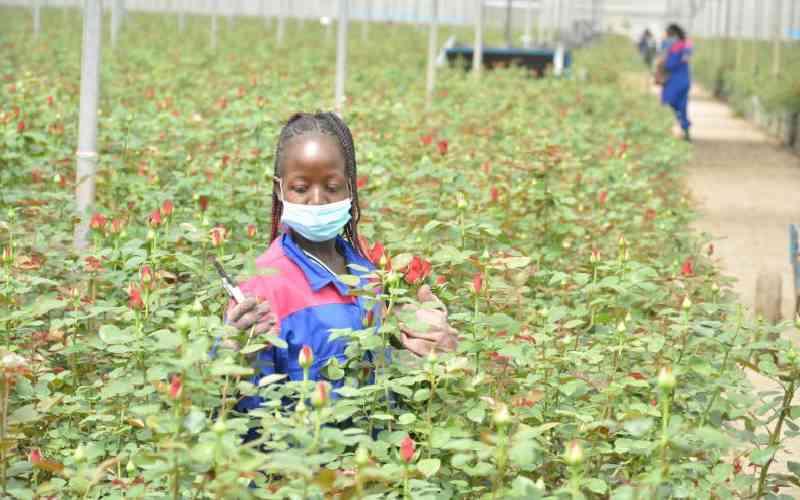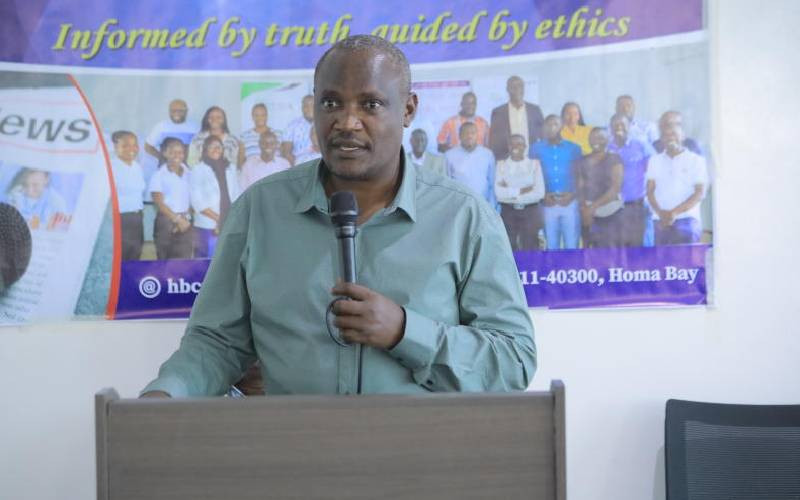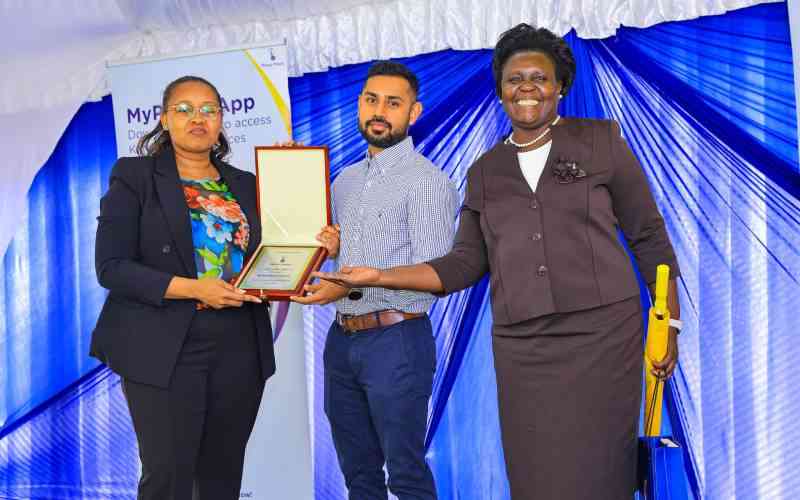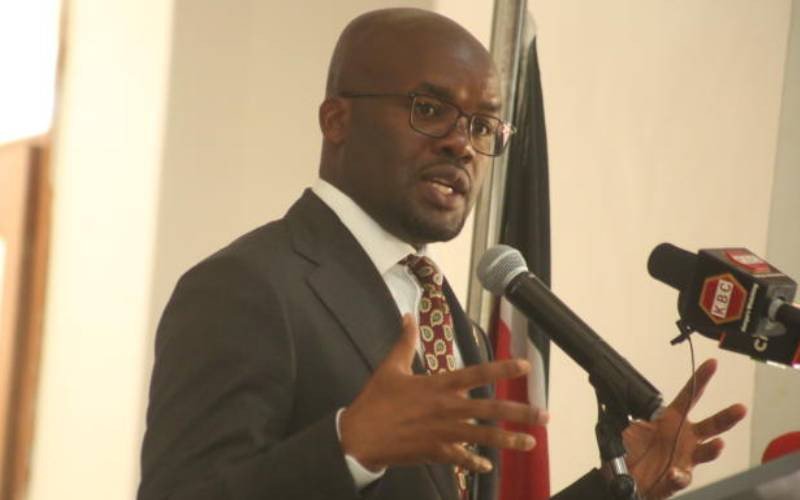
Interior Principal Secretary Dr Raymond Omollo has raised alarm over rising cases of sexual and gender-based violence in institutions of higher learning, warning that the trend points to a moral and institutional breakdown.
His remarks come amid growing concern over campus safety following a 2025 report by the Kenya National Bureau of Statistics and the United Nations Population Fund (UNFPA) which found that half of young women in Kenyan universities experience some form of violence, with 35 per cent reporting sexual assault.
The report also showed that 8 per cent of all gender-based violence cases nationally occur among 18 to 24-year-olds, the core university demographic.
“The prevalence of sexual and gender-based violence stands at approximately 36 per cent which is quite significant. To think that such cases are being experienced within our institutions of higher learning is a wake-up call and a clear indication that something has gone terribly amiss. We must therefore find sustainable and collective solutions to address this challenge and restore safety, dignity and trust in our learning environments,” observed Omollo.
Recent high-profile cases including the killing of Jomo Kenyatta University of Agriculture and Technology student Rita Waeni and another fatal incident at Maasai Mara University have exposed the dangers of intimate partner violence on campus.
Survivors and student leaders have cited institutional silence, victim blaming and lack of trauma-informed support as key barriers to justice.
Omollo spoke on Monday during a youth empowerment forum in Nairobi where he also unveiled the National Youth Opportunities, Training and Advancement (NYOTA) Programme, a government initiative targeting young people between 18 and 29 years.
He explained that the programme focuses on youth who did not pursue education beyond secondary school but remain an untapped force in the country’s development.
“Across all the 47 counties we are rolling out what we are calling the NYOTA Programme, an initiative targeting young people between the ages of 18 and 29 years,” noted Omollo.
“These are youths who may not have pursued education beyond Form Four yet they represent a significant portion of our population. Many of them drop out of school or face circumstances that make it difficult to continue with higher education. However, they remain patriotic citizens of this country who equally deserve support, empowerment and access to opportunities just like the rest of us,” he explained.
Despite efforts by the Ministry of Education and county governments to establish gender desks and wellness centres, many universities still lack qualified staff, consistent enforcement and survivor-centred policies.
Nairobi County, for instance, has set up 50 integrated health facilities and gender-based violence focal points in all 17 sub-counties but funding and uptake remain low.
The Interior Ministry has been working with the Ministry of Education and other partners to strengthen institutional responses to sexual violence and promote youth inclusion in national programmes.
“We must restore trust in our learning environments. This is not just a youth issue, it’s a national crisis,” added Omollo.
Stay informed. Subscribe to our newsletter

